During a keto diet, sugar cravings usually go away after two weeks of keto-adaptation. However, sometimes they stay with you due to old habits, stress, or during lunch with friends. Can you find any compromise on a low-carb diet? Can you use sweeteners? Are sweeteners keto?
In general, yes, some sweeteners are keto-friendly. These types do not disrupt your ketosis, do not affect your blood insulin levels, or interfere with your metabolism. However, there are many types of sweeteners, and not all of them are suitable for a low-carb diet. Moreover, not all of them are useful even during any other type of nutrition.
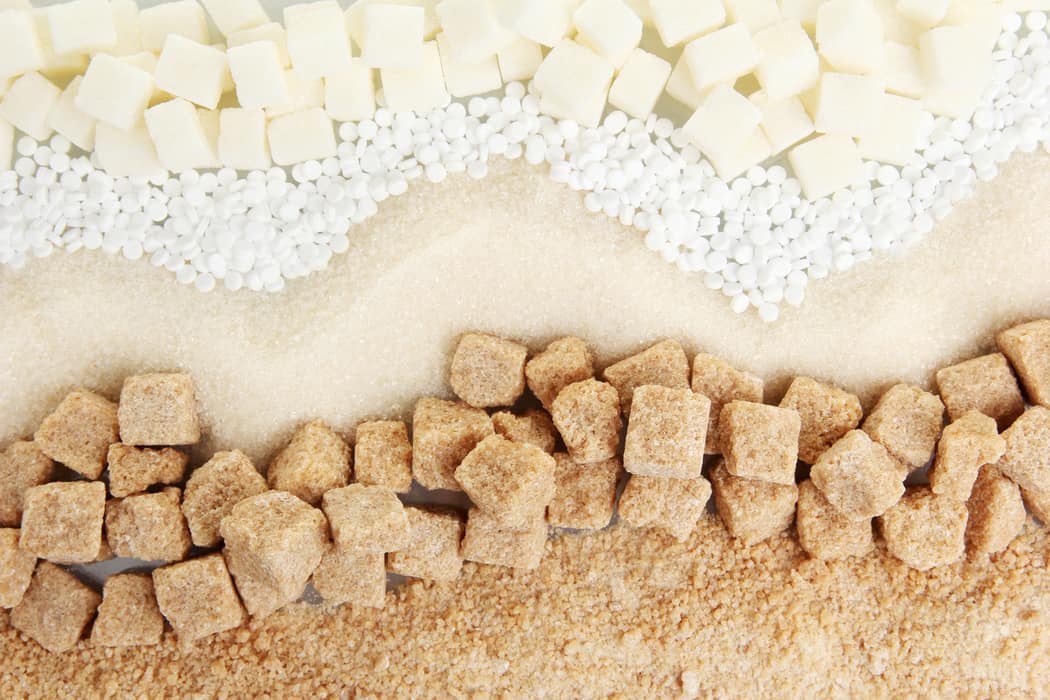
In general, during a low-carb diet, you should consider eating sweetened foods a rare choice and a kind of guilty pleasure. You need to understand which sweetener is the safest for your diet and your health in general. Each of them has a different effect on the body in terms of metabolism.
How to choose the perfect keto sweetener? This article will tell you which sweetener is the best choice for a keto diet and all the details about each of them.
Do Sweeteners Stop Ketosis?
Although sweeteners suitable for the keto diet have little effect on blood sugar levels, excessive consumption of them can have negative effects on the body during the diet.
All sweeteners, no matter how healthy they are, support sugar cravings. Besides, adding them to high-calorie foods (like tasty keto mug brownies) increases the sense of pleasure. Yes, sometimes we all need some pleasure. However, by adding sweeteners to your menu on a keto diet, you can eat much more than you need and exceed your daily carbohydrate intake. There is scientific evidence that adding even non-nutritive sweeteners to diet foods can make weight loss difficult.
How Long Does it Take to Enter Ketosis? 9 Tips to Do it Quickly
It means that all sweeteners, including non-nutritive ones that do not alter blood insulin levels, have potentially harmful effects. For this reason, you should avoid consuming them frequently. In people on the keto diet, sugar cravings tend to decrease over time.
However, most people cannot do without sweet foods. If you also fall into this category, then try to pamper yourself only occasionally. Keep reading our guide to sweeteners on the keto diet to get your head around the subject.
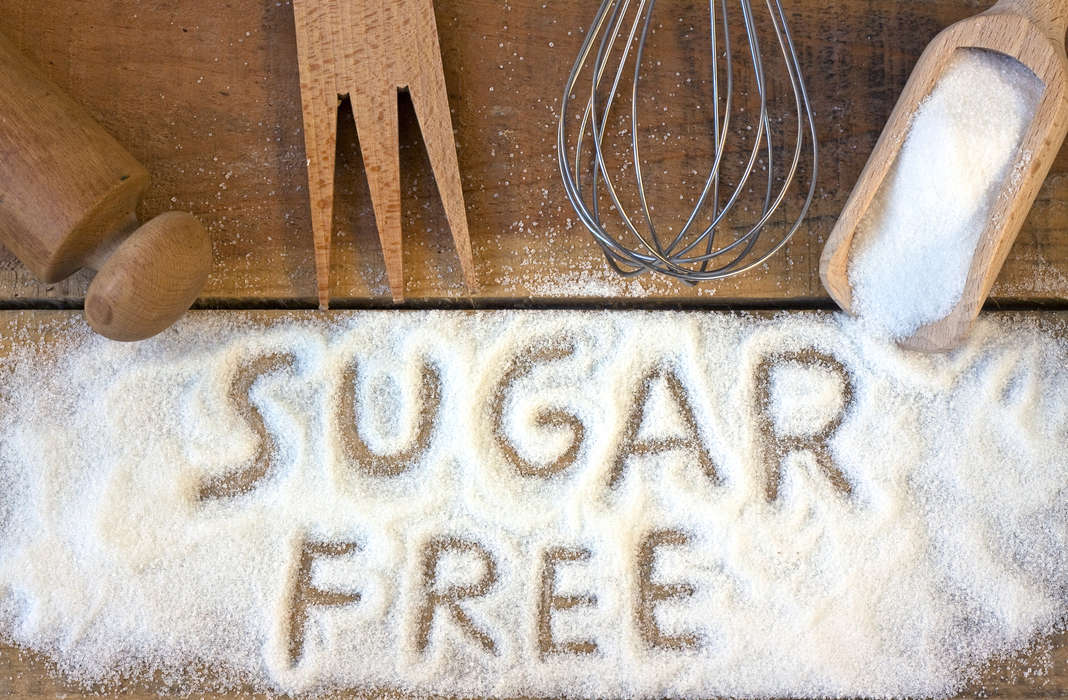
Non-Keto Sweeteners to Avoid
Before we dive into keto-friendly sweeteners, let’s first discuss the ones you should avoid during keto. These sweeteners are high in carbohydrates or affect insulin levels, while carbs are low. Also, some of them are bad for your health or taste bad. Let’s go over all the details.
Sugar
Natural sugar can be presented in different forms: white, brown, cane, coconut sugar, and maple syrup. Natural sugar is 50% glucose and 50% fructose, making it 100% carbohydrate. Eating natural sugar will raise blood sugar and weight gain, leading to fluid retention and swelling. On a keto diet, all of these sugars are banned, as they will prevent you from achieving the desired effect.
Sweeteners such as coconut sugar, maple syrup, and dates also have a very high glycemic index. It means immediate bursts of insulin in the blood, and it is because they are 100% natural sugar. You should avoid them during the keto diet in any, even small amounts.
Fructose
Some sweeteners are even worse than sugar. Regular sugar contains 50% glucose and 50% fructose, and some sweeteners contain more fructose than glucose. While these options are slower to raise blood insulin levels, resulting in low blood glucose, they have an even greater negative effect on the body. Excessive fructose intake on a keto diet can lead to fatty liver and insulin resistance, which prolongs the harmful effects of carbohydrates.
Here are the main sweeteners with excess fructose:
- high fructose corn syrup
- fruit juice concentrate
- honey
- agave syrup
- any other syrups.
The fructose sweetener options listed above are even more harmful than pure sugar. For example, agave syrup has a fructose content of over 60% and is the worst of the options listed. In addition, honey absorbs even faster than sugar.
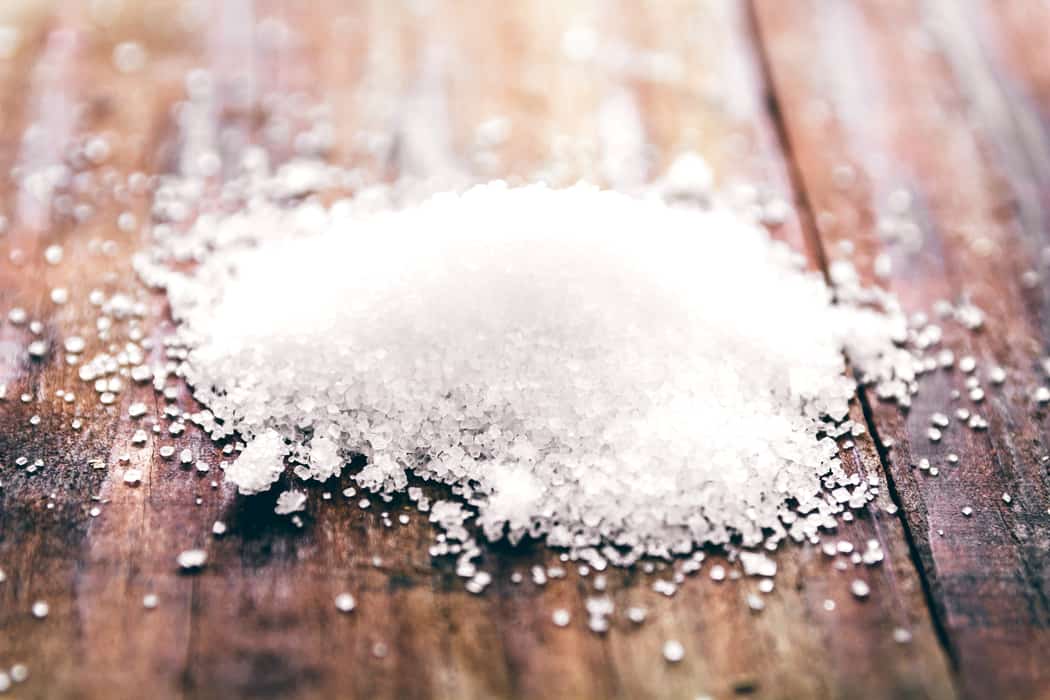
Maltodextrin
Is maltodextrin keto? It is a mixture of glucose, oligosaccharides, and malt sugar, so it is not suitable for a low-carb diet. It is made from corn, potatoes, rice, or wheat by the enzymatic breakdown of plant starch. At the same time, the resulting product has a very high glycemic index – from 107 to 135. In the United States, the most popular is maltodextrin, derived from corn starch.
Is Splenda Keto? 5 Reasons to Avoid It During Any Diet
Wheat maltodextrin is contraindicated for people with gluten intolerance. Gluten is found in wheat, barley, oats, and other grains. Maltodextrin tastes good, digests well, and promotes very high insulin production, which is why you need to avoid it on keto.
Maltitol
Maltitol is a sugar alcohol. It is the most common type of sweetener, and it is used in sweets, sugar-free desserts, and low-carb foods. It is significantly cheaper than erythritol, xylitol, and other sugar alcohols.
Is maltitol keto? Maltitol is not the best choice for a keto diet. About 40% of this sweetener is absorbed in the small intestine, increasing blood sugar and insulin levels, especially in people with diabetes or prediabetes. It provides about two-thirds of the calories compared to sugar, which is significantly more than most low-carb sweeteners.
In addition, the remaining 60% of maltitol that has not been absorbed is fermented in the colon. Research has shown that maltitol can cause significant gastrointestinal problems (bloating and others), especially when consumed in amounts exceeding 30 grams per day.
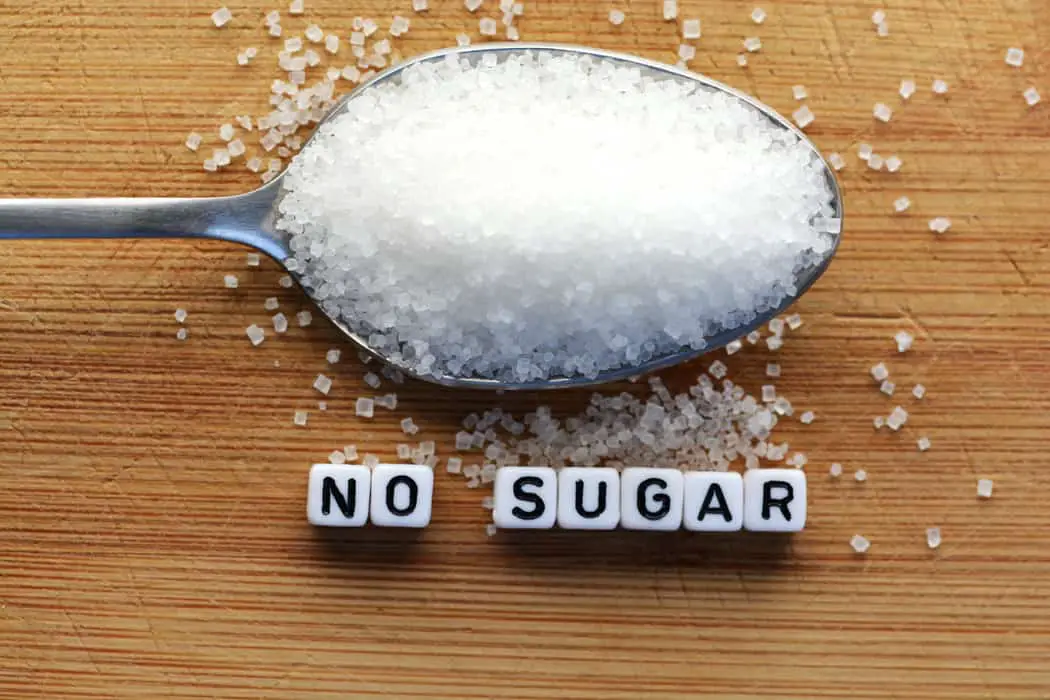 Acesulfame K
Acesulfame K
Acesulfame K is not absorbed in the body and is non-calorie, while it is much sweeter than sugar. It is a white powdery substance, easily soluble in water. Acesulfame K is characterized by high chemical and thermal stability but has a bitter taste at high concentrations. It is usually used in combination with aspartame, sugar, and fructose in the production of sweet drinks, fruit and vegetable canned foods, bakery, and confectionery.
Is Acesulfame K keto? Unfortunately, the answer is also negative. It has a high glycemic index and affects insulin levels in your blood. For this reason, you need to avoid Acesulfame K while on a keto diet.
Aspartame
It is the most controversial sweetener, with many stories of side effects in the form of multiple sclerosis, methanol toxicity, and blindness. It is a very common sweetener and is used in many low-carb foods and diet drinks.
Even though negative claims have not received official confirmation in research over the past 40 years, you should still avoid it, as there are better alternatives. Is Aspartame Keto? While aspartame is carb-free, does not change your insulin levels, and is present in many zero sugar foods, I recommend that you choose something safer for your body.
Aspartame can be used in many different cold dishes, but at higher temperatures, it breaks down and causes a bitter and strange aftertaste.

Saccharin
Saccharin is one of the oldest synthetic sweeteners. Nowadays, it is not so common, as the popularity of saccharin has declined significantly. But it is still one of the top three commonly bought synthetic sweeteners.
In the 1970s, all products containing saccharin were required to carry a warning label indicating that it could cause cancer in humans or animals. Then it was removed because animal testing could not be done on humans. Many short-term side effects have been reported, but none of them has been proven in studies with certainty.
Is saccharin keto? This sweetener does not affect blood sugar levels, but it can cause disturbance in the intestinal flora. I recommend that you avoid controversial sweeteners while on a keto diet, as there are other safe alternatives. Aside from the controversy surrounding saccharin, another reason to avoid it is that it can cause an extremely bitter aftertaste during the cooking process.
Best Sweeteners for Keto
These sweeteners cause little or no blood sugar fluctuations. Therefore, they can be eaten during a keto diet. However, remember that any sweetened food will increase your sugar cravings, and you may eat more than you need to. For some people in the keto-adaptation stage, this is a way to disrupt their diet. So don’t overuse keto sweeteners and consume them as an occasional sweet treat. Let’s take a closer look at keto sweeteners.
Stevia
Is stevia keto? Yes. Stevia is a natural sugar substitute. It is considered safe for people with diabetes and anyone on a low-carb diet. Before processing, these are dry leaves of a perennial shrub, ground into powder. Once processed, stevia is sold in the form of drops, powder, and capsules. According to various studies, stevia has no negative health effects.
A couple of drops or a pinch of stevia is enough to give the dish the desirable taste. However, it is not suitable for recipes where a sweetener is required not only for taste but also for volume. Some people think stevia has a bitter aftertaste, so it’s an excellent option to mix it with erythritol.
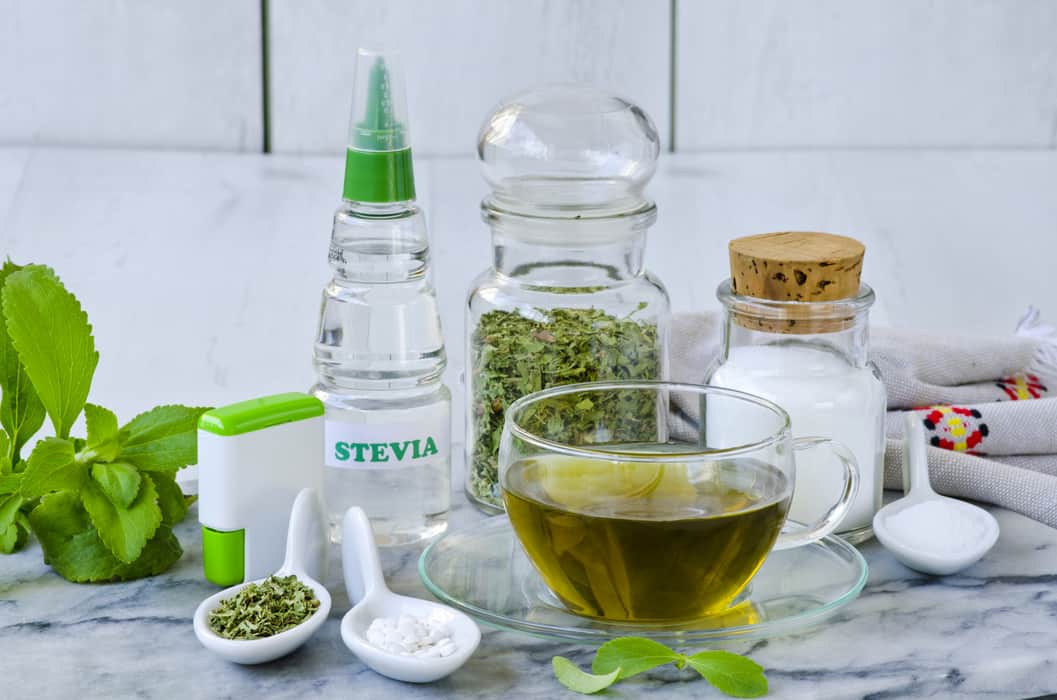
Sucralose
Is sucralose keto? This keto-friendly sweetener is not a natural option, but it is also a good choice. Sucralose is not harmful to health and does not affect blood sugar levels. When choosing a keto sweetener, be sure to pay attention to the composition. Sucralose is often mixed with lactose. Milk sugar makes it even sweeter but increases insulin, so you should avoid it.
With regard to sucralose, there is little controversy about its glycemic index and its effect on insulin levels. On average, depending on the manufacturer, the powdered form of sucralose has a GI of 80. This glycemic index is higher than that of sugar and can cause large increases in blood insulin levels. Therefore, you should try to avoid the powdered form of sucralose while on a keto diet.
The good news is that you can simply find sucralose in liquid form as well. It is 600 times sweeter than sugar and has zero glycemic index, meaning it does not spike insulin in your blood. Sucralose is a good sweetener for keto drinks and cold desserts. But it is not suitable for baking and hot drinks because sucralose produces hazardous substances under the influence of high temperatures.
Erythritol
Is erythritol keto? Erythritol belongs to the sugar alcohol group. In fact, it is neither sugar nor alcohol, and it does not affect the mind and blood sugar levels at all. Erythritol is perfect for keto baking but dissolves worse than sugar. Therefore, sometimes it is better to grind it into a powder in a coffee grinder.
Erythritol works best for keto dessert recipes and baked goods. Its texture is similar to sugar, so you can get the same dough consistency as using regular sugar. This very important feature for baking keto cookies, pies, and cakes.
Low-Carb Baking: Keto Brown Sugar Alternatives
Erythritol is obtained from corn starch. It is natural and safe, but this is not a reason to get carried away with it. There is evidence that erythritol can lower blood sugar levels. By the way, with the abuse of erythritol, there may be flatulence or even diarrhea.
Erythritol is less sweet than sugar. For each glass of sugar in the recipe, you need to put one and a half glasses of erythritol. It is not recommended to add a lot of erythritol to your food. The safe amount is 1 gram per 1 kg of your weight.
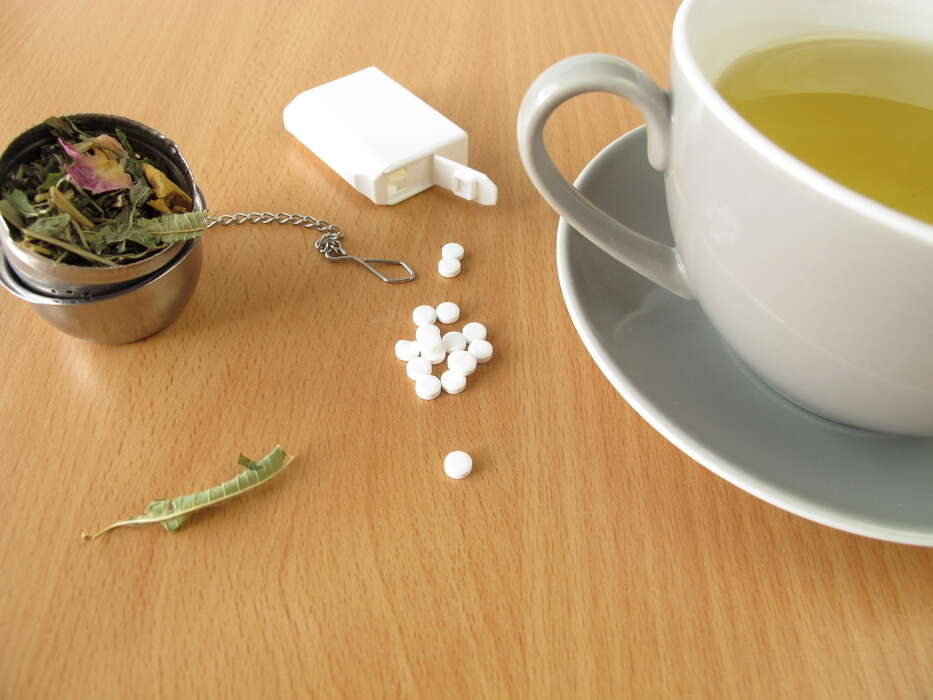
Inulin
Is inulin keto? Yes, this is an excellent option for a low-carb diet. Inulin is a natural sweetener that is commonly extracted from chicory root. We can only metabolize a part of the inulin we consume, and it does not affect our blood sugar levels.
Inulin works well during the keto diet. It adds sweetness, can caramelize like sugar, and generally does not add any aftertaste. While it may not cause stomach upset in normal daily doses, it can have a laxative effect if consumed excessively. Some studies have even shown that it has a prebiotic effect and can help normalize digestion.
Xylitol
Xylitol also belongs to the sugar alcohol group. This natural sweetener is found in berries and fruits. Is Xylitol Keto? Unlike erythritol, it affects blood glucose levels, however, almost insignificantly. It has antimicrobial properties in the mouth and is therefore often found in chewing gum. Xylitol is good for preventing tooth decay, so it will come in handy when cooking for children (however, keep in mind that it is very dangerous for pets).
In general, xylitol is suitable for the keto diet in small amounts, as it contains 3-4 grams of carbohydrates per teaspoon. You can add a little to coffee or when baking keto desserts. But remember, overeating xylitol can disrupt your ketosis.
Monk Fruit Sweetener
Monk fruit is another plant-based sweetener obtained from fruits grown in Southeast Asia. This sweetener has been known for centuries in Chinese medicine, and there is no evidence of side effects from its use in food. Monk fruit is present in the form of crystals and has zero calories while being 100-250 times sweeter than sugar. This sweetener is rich in vitamin C and is suitable for people with diabetes.
Is monk fruit keto? Yes, it is one of the healthiest natural alternatives to sugar while on a low-carb diet. Be careful and read the labels, as manufacturers often mix monk fruit with sugar or fructose to reduce the price.

Yacon Syrup
Is yacon syrup keto? Yacon syrup is a natural sweetener. Almost a third of the carbohydrates in this sweetener does not digest, and those that digest do not affect insulin and blood sugar levels. Yacon sweetener is sweeter than sugar but has fewer calories.
In form or topping, it is suitable for drinks, keto cereals, biscuits, and cakes. Pour yacon syrup over your fried keto bread for a quick and tasty breakfast. However, the keto sweetener also has a drawback – it is not suitable for baking.
How to Curb Sugar Cravings on Keto?
Conclusion
To maintain good health and your desired weight, you need to learn to enjoy the taste of natural foods without adding sweeteners during a keto diet. It will take some time for your taste buds to change, and then you will be able to appreciate the real taste of natural, unprocessed foods.
Baked goods and desserts are possible on the keto diet as long as they are low in carbohydrates and free of starch. You can make keto desserts every day. However, I do not recommend that you overuse keto baked goods and sweeteners so as not to exceed your calorie norm and carbohydrate intake. Try to refuse sweets gradually, preferring meat, fish, fatty sauces, and fried vegetables with healthy oils.